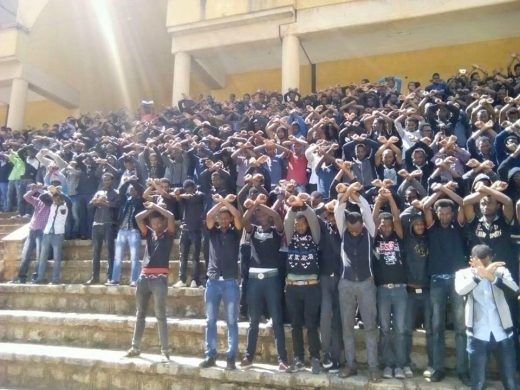Africa’s landscape of online free speech and dissent is gradually, but consistently, being tightened. In legal and economic terms, the cost of speaking out is rapidly rising across the continent.
While most governments are considered democratic in that they hold elections with multi-party candidates and profess participatory ideals, in practice, many operate much closer dictatorships — and they appear to be asserting more control over digital space with each passing day.
Cameroon, Tanzania, Uganda, Ethiopia, Nigeria, and Benin have in the recent past witnessed internet shutdowns, the imposition of taxes on blogging and social media use, and the arrest of journalists. Media workers and citizens have been jailed on charges ranging from publishing “false information” to exposing state secrets to terrorism.
At the recent Forum of Internet Freedom in Africa (FIFA) held in Accra, Ghana, a group of panelists from various African countries all said they feared African governments were interested in controlling digital space to keep citizens in check.
Many countries have statutes and laws which guarantee the right to free expression. In Nigeria, for example, the Freedom of Information Act grants citizens the right to demand information from any government agency. Section 22 of the 1999 Constitution provides for freedom of the press and Section 39 maintains that “every person shall be entitled to freedom of expression, including the freedom to hold and to receive and impart ideas and information without interference…”
Læs hele artiklen hos Global Voices














